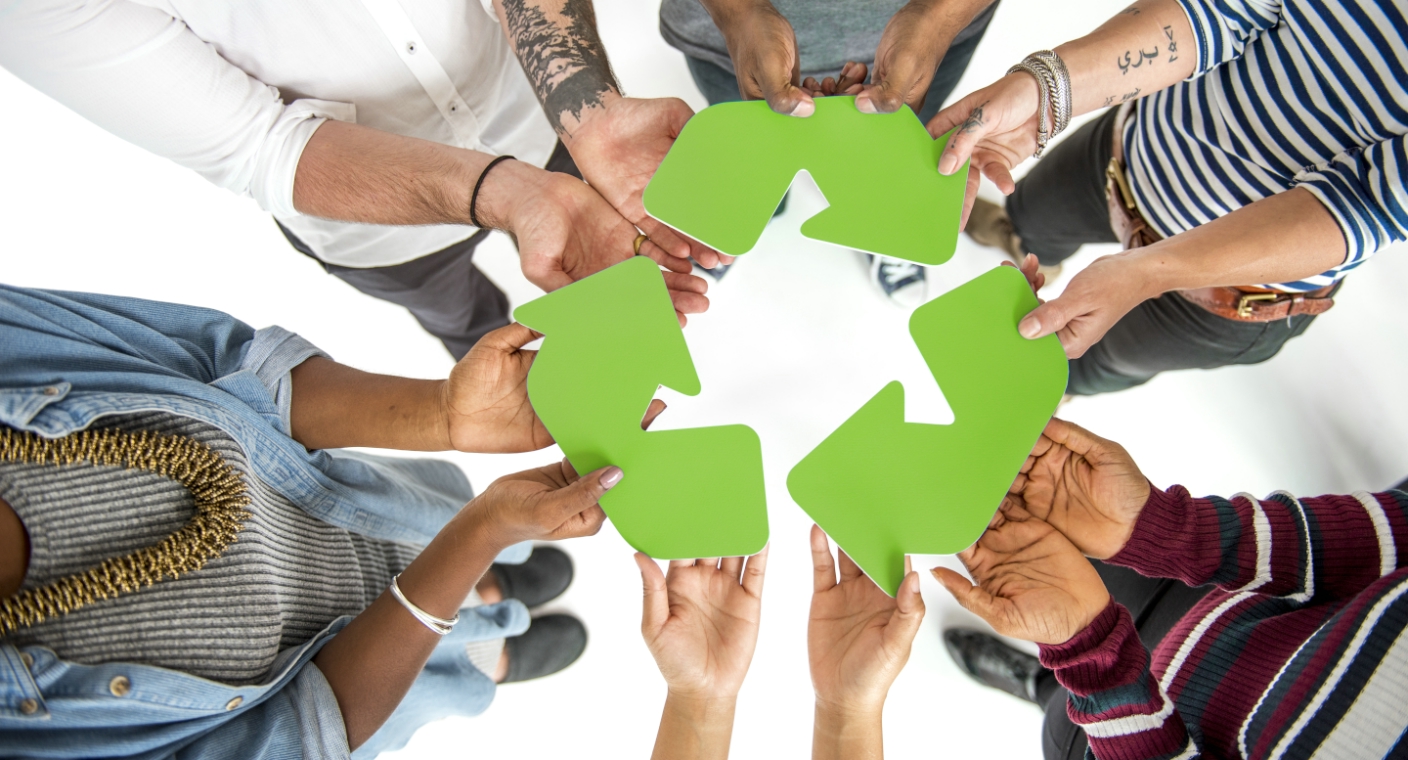Halfway through what is often described as the ‘decade that counts’ for critical climate and biodiversity action, a report card would show strong progress in some areas of sustainability and less in others. 2025 brings two new wildcards into the mix – rapidly advancing AI and crypto technologies and a new US administration focused on rolling back existing environmental and social policies.
At EMG many of these issues are core for our clients so we have outlined five of the key trends we see shaping the corporate climate and sustainability space towards the end of the decade.
Climate impacts and action
After the shocking California wildfires that came not long after Hurricane Helene and the 2024 season that left a trail of devastation, casualties and massive economic losses, climate change is expected to cost $38 trillion in damages per year by 2050[1] and 2025 will see a renewed focus on climate driven extreme weather risks and how companies can embed resilience and adaptation across their supply chains.
At the same time as a renewed focus on how climate impacts will shape the global economic environment, climate action continues to accelerate rapidly, particularly when it comes to the adoption of renewable energy which is forecast to account for almost half of global electricity generation by 2025. This surge is not only helping to reduce emissions but is making clean energy more affordable than fossil fuels in many regions as well as helping to enhance supply chain resilience.
From a regulatory perspective this is also being driven by the EU’s renewable energy target of 42.5% renewables in total energy consumption by 2030[2] and the RE100 Initiative[3] which counts 400+ member companies and 500+ Twh per year committed to 100% renewables.
Sustainable supply chains
Climate risk is only one of the key global supply chain issues that will be under scrutiny by both investors and consumers in 2025 – biodiversity loss and water scarcity will be two other challenges in the spotlight.
A 2024 stock take on the state of the world’s biodiversity[4] found the average size of wildlife populations has fallen by a staggering 73% in just fifty years. Numbers like this mean companies face increasing scrutiny over their impact on nature and initiatives such as Business for Nature[5] and the EU’s Business and Biodiversity Campaign[6] are driving corporate engagement on the issue.
Water risk in supply chains is also a growing concern with estimates that $77 billion worth of economic activity is under threat[7] due to water scarcity. Global water demand is predicted[8] to rise by up to 30 percent by 2050 and 50% of large corporate buyers now engage suppliers on water issues. As this risk increases water stewardship will become increasingly important.
Circular economy
The circular economy has transformed how businesses prioritise resource management and waste reduction through the design of closed-use systems where materials are reused, recycled or repurposed in perpetuity. In 2025 a set of new initiatives are set to propel the circular economy to new prominence.
Formally adopted in 2024, the EU’s Ecodesign for Sustainable Products Regulation (ESPR)[9] will set standards for the environmental performance of products from cradle to grave. The regulation will receive its first major update in 2025, providing a list of products subject to these eco-design requirements. These are likely to include furniture, electronics, paints and textiles.
Beyond this legislation, the EU Circular Economy Act will start taking shape in 2025 with the aim of establishing a single market for waste and important raw materials as well as standardising circular economy policies across the European Union. Forward thinking companies will be looking ahead to ensure compliance with future regulation.
New standards in sustainability reporting
Voluntary reporting of the integration of climate and sustainability into corporate strategies and supply chain management has expanded significantly in the corporate sector in the past two decades through frameworks such as under the Science-Based Targets Initiative and the Taskforce for Climate-related Financial Disclosures.
In 2025, the EU’s Corporate Sustainability Reporting Directive[10] has come into force, requiring all large and listed companies to outline the risks and opportunities arising from social and environmental issues, and on the impact of their activities on people and the environment.
Disclosure under the CSRD is mandatory and it’s expected that standards in other regions of the world are likely to closely follow what Europe has done.
AI for sustainability
Today’s large language models and emerging multi-modal models are revolutionising artificial intelligence faster than most expectations. And in 2025, the ability of AI to improve sustainability outcomes is expected to revolutionise the sector. Analysts are looking at AI to improve everything from the efficiency of energy grids, transport networks and supply chains to the monitoring conservation efforts.
Certainly, there are challenges with the energy resources that AI requires, as well as concerns around data use for training and privacy. Despite these, artificial intelligence is here to stay and it will transform the global business and sustainability landscape.
Opportunities and challenges ahead
The geo-political landscape has begun 2025 with a great deal of uncertainty. It’s yet to be seen how the new Trump Administration’s focus away from sustainability will impact the global business landscape, particularly as the EU and other regions continue to strengthen regulations.
As a leader in identifying key industry trends and applying these to the sophisticated communication campaigns that we design and implement for our clients, please contact us if your business needs marketing support.
[3] www.there100.org



